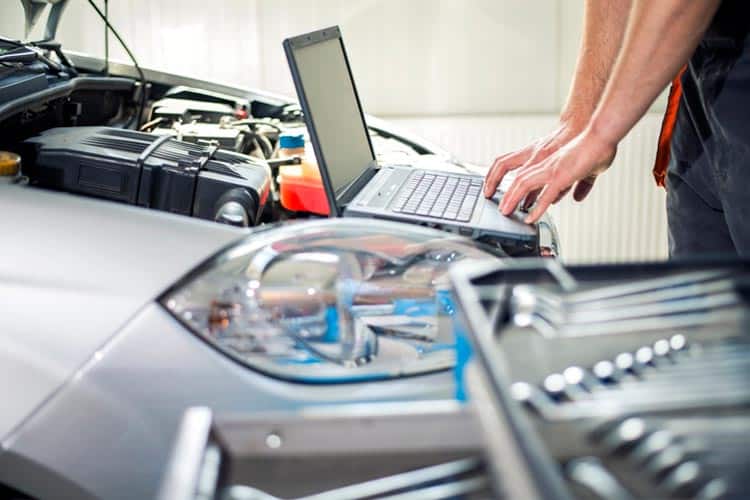First and foremost, it’s crucial to understand that fuel system cleaners contain powerful chemicals that can pose risks if mishandled or used improperly. These cleaners are designed to break down carbon deposits, varnish, and other gunk that can accumulate in your vehicle’s fuel system over time. However, this potency can also make them potentially hazardous substances to work with.
One of the primary dangers associated with fuel system cleaners is their flammability. Many of these products contain volatile solvents that can ignite easily if exposed to an open flame or spark. That’s why it’s absolutely vital to exercise extreme caution when using them. Avoid smoking or having any open flames or sparks near the cleaning process. It’s also essential to work in a well-ventilated area to minimise the risk of inhaling potentially harmful fumes.
Next, let’s talk about personal protective equipment (PPE). Whenever you’re working with chemicals, it’s crucial to prioritise your safety by wearing the appropriate gear. Gloves are a must-have when handling fuel system cleaners to protect your skin from direct contact. Additionally, safety glasses or goggles should be worn to shield your eyes from accidental splashes or spills. Remember, safety should always be your top priority.
Another aspect to consider is the compatibility of fuel system cleaners with different materials. These cleaners are typically safe to use with most fuel system components, such as metal and rubber parts. However, it’s always a good idea to consult the product’s instructions or the manufacturer’s recommendations to ensure compatibility. Some cleaners may not be suitable for use with certain types of materials, so it’s important to double-check beforehand to prevent any potential damage.
When it comes to the actual application of fuel system cleaners, following the instructions is crucial. Each product may have specific guidelines regarding the dosage, application method, and treatment duration. It’s important to adhere to these instructions to ensure effective and safe usage. Overusing or misusing fuel system cleaners can lead to adverse effects, including damage to your vehicle’s components.
Furthermore, it’s important to exercise caution when storing fuel system cleaners. Like any other chemical product, these cleaners should be stored in a cool, dry place, away from direct sunlight and sources of heat. Ensure that the containers are tightly sealed to prevent leaks or accidental spills. Keep them out of reach of children and pets, and never mix different fuel system cleaners or store them near other potentially reactive substances.
Lastly, if you’re unsure about how to proceed or have any concerns about working with fuel system cleaners, don’t hesitate to seek professional advice. Your local mechanic or automotive expert can provide guidance and ensure that you’re using the right product and employing the correct techniques.
In conclusion, working with fuel system cleaners can be an effective way to maintain your vehicle’s performance and prolong its lifespan. However, it’s essential to be aware of the potential dangers and follow the safety recommendations. Always prioritise safety by working in a well-ventilated area, wearing the appropriate protective gear, and carefully following the instructions provided by the product manufacturer. Remember, a little caution can go a long way in ensuring a smooth and safe experience when working with fuel system cleaners. Stay safe out there, my friends!
Regards,
![]()




